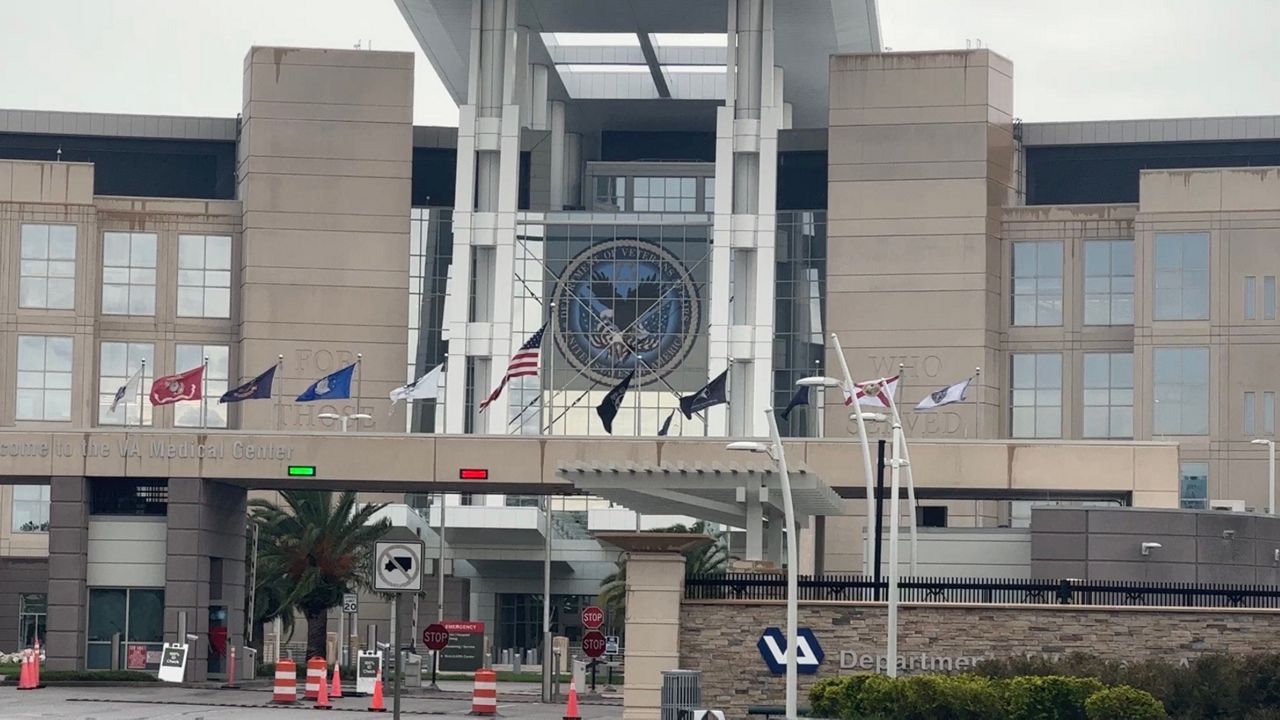ORLANDO, Fla. — The back and forth between Florida Gov. Ron DeSantis and the Walt Disney Corporation took another step on Thursday in the form of a formal letter and an email from the Florida Office of the Attorney General.
What You Need To Know
- The Florida Office of Attorney General sent letters to the former Reedy Creek Improvement District members on Thursday
- The letters came after the Central Florida Tourism Oversight District retained four law firms to respond to the last actions of the RCID
- The Walt Disney Corporation stated on Wednesday that the agreements it made were aboveboard and were in keeping with Florida law
The letters were sent after the Central Florida Tourism Oversight District’s Board of Supervisors, whose members were chosen by DeSantis, retained four law firms to respond to the former Reedy Creek Improvement District’s board and their creation of agreements between the district and Disney to help preserve much of the status quo for the company’s authority.
The email, time-stamped at 11:38 a.m. on Thursday, March 30, was sent by chief of staff James Percival, and the letter was signed by Deputy Attorney General John Guard.
Both documents call for the former members of the Reedy Creek Improvement District board to turn over communications leading up to the Feb. 8, 2023, decision in the days before control was turned over to the governor’s appointees.
“This letter demands, with possible civil and criminal penalties, all texts, emails, and other public records related to the RCID board’s discussions to avoid the anticipated actions of the Florida Governor and Legislature,” said Jeremy Redfern, the governor’s deputy press secretary, in a statement regarding the letters.
Prior to obtaining a copy of the letter, Spectrum News spoke with Jacob Schumer, an attorney who practices city, county and local government law. He said part of the agreements established by the RCID were fairly by the book.
“The agreement that sets the land development regulations in stone for 30 years, that seems very solid," Schumer said. "It’s very typical of what other governments do. The only thing that’s atypical is that it applies to such a big property — Disney World is big. And also, it basically says Disney gets to do whatever it wants, which is not typical, but also, Reedy Creek is atypical in that its whole purpose is to make Disney succeed.”
Schumer argued that he is less sure about the legal sturdiness of another one of the agreements: that which told RCID what it could and couldn’t do with its own land.
“That is outside of normal because what’s the purpose of the government saying we agree that we’ll never build on our own property things that we think might be necessary or advisable. They’ll certainly make arguments. Disney will make arguments, but I think that has more of a likelihood of falling in court,” he said.
In a statement to Spectrum News 13 on Wednesday, Disney representatives said: “All agreements signed between Disney and the district were appropriate and were discussed and approved in open, noticed public forums in compliance with Florida’s Government.”
Schumer said that assessment of Disney’s appears to be correct, but added that it is yet to be seen how the new board decides to respond.
He said he doesn't think that taxpayers in Orange and Osceola counties, which surround the Walt Disney World Resort, will see any blowback from the fight.
“At this point, it is two giants fighting one another," Schumer said. "Luckily, outside of the collateral damage of taxpayers, normal taxpayers shouldn’t be worried about it at all."









